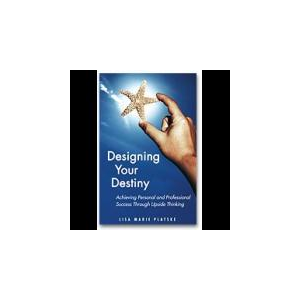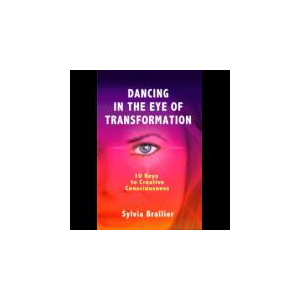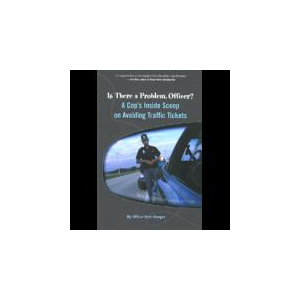The Midas Complex: How Money Drives Us Crazy and What We Can Do About It
Money. It’s funny stuff. Cold, hard, and inert, yet it impacts our lives in dynamic ways. Many risk life and limb, work at jobs they hate, marry or divorce for it. Some people will even kill for Money. Most of us employ less drastic means to acquire this so-called medium of exchange. Even so, Money changes us like few other things. Money is one of the most powerful forces in human culture, yet most of us know very little about its psychological nature. In this book, with courage, candor and humor, Dr. Kipnis systematically peels back the veil surrounding the inner life of Money and offers us practical ways out of its myriad psychological traps. As a clinical psychologist who works with organizations, families, couples and individuals he notes that Money issues frequently emerge in his therapeutic work. However, psychologists have written very little on this topic and many therapists are unprepared to host their client’s Money concerns. Conflicts around Money are the number one reason that couples divorce, yet professor Kipnis’ Midas Complex seminars for therapists remain some of the only such courses in the nation. This book now brings this discussion to a wider audience. Money is a subject often more taboo than talk about sex, death, religion or political affiliation. As Bob Dylan once sang, “Money doesn’t talk, it swears.” The Midas Complex breaks the ubiquitous prohibition against people revealing their real inner feelings about Money. It will aid readers in better understanding both their own and other people’s psychological relationships to Money. It will help readers better understand how Money drives our culture and it offers a number of helpful pathways toward positive change. Numerous studies point to erosions of American’s mental health as directly attributable to the financial uncertainties and economic disparities of our time. This book systematically examines our major, often dysfunctional Money-myths and the psychological forces that compel many of our economic institutions. Throughout this very well researched book, Dr. Kipnis points us toward the possibility of more functional and rewarding relationships with Money in every aspect of society and our individual lives.














